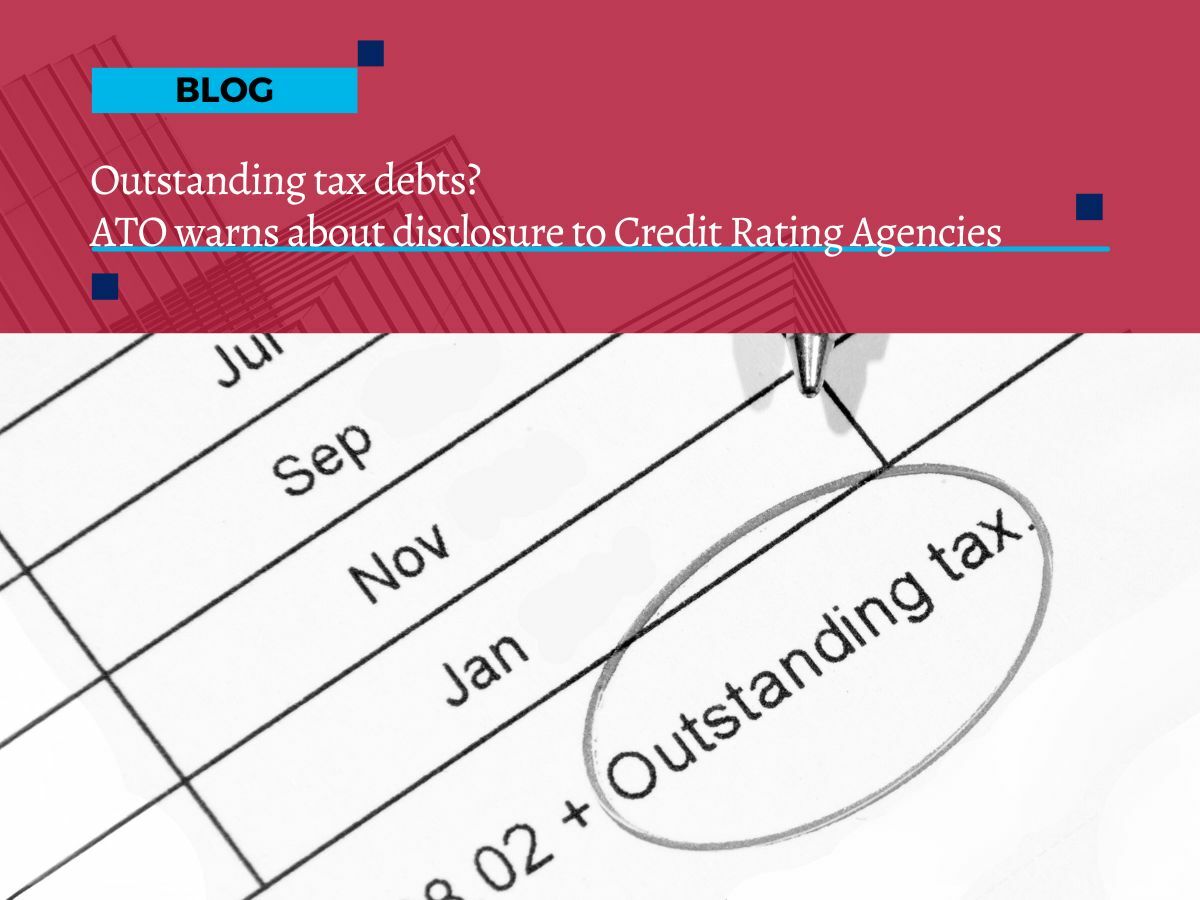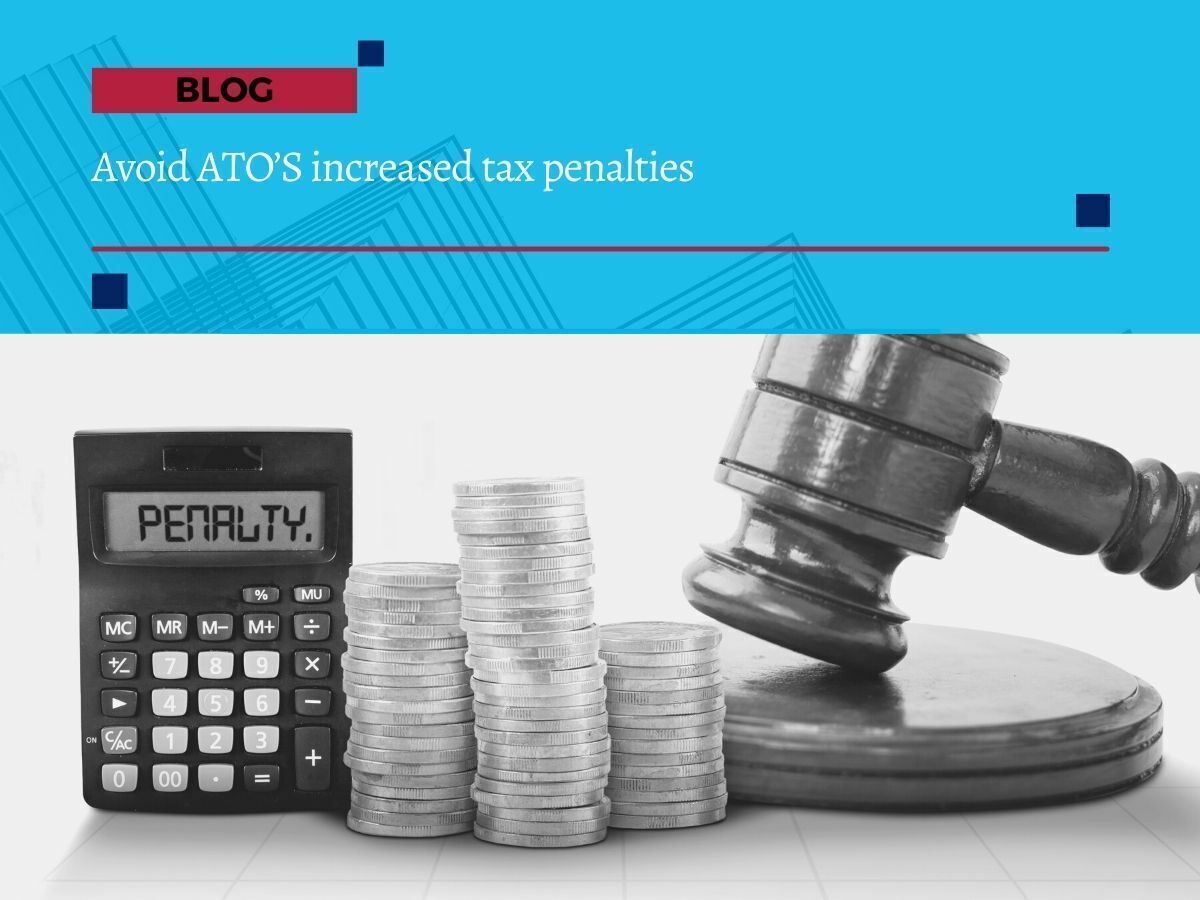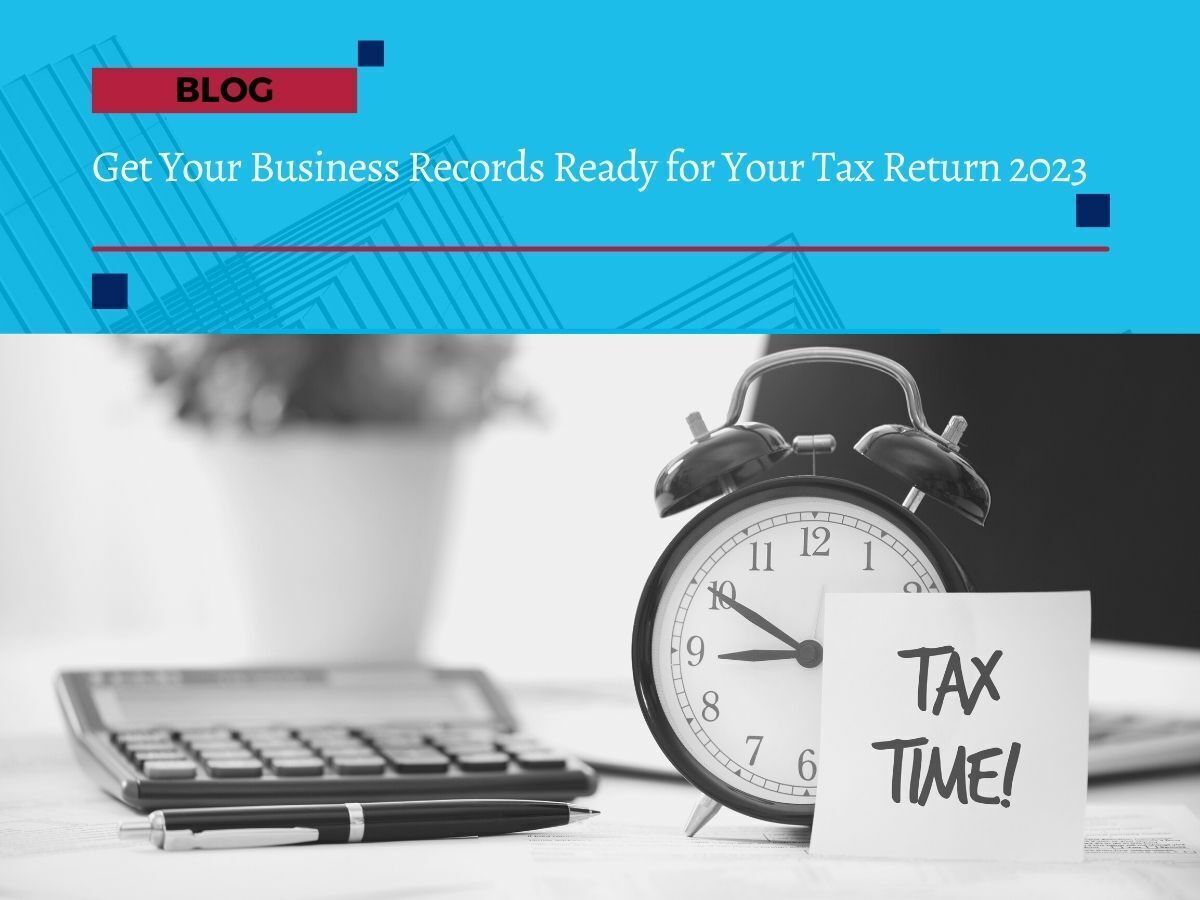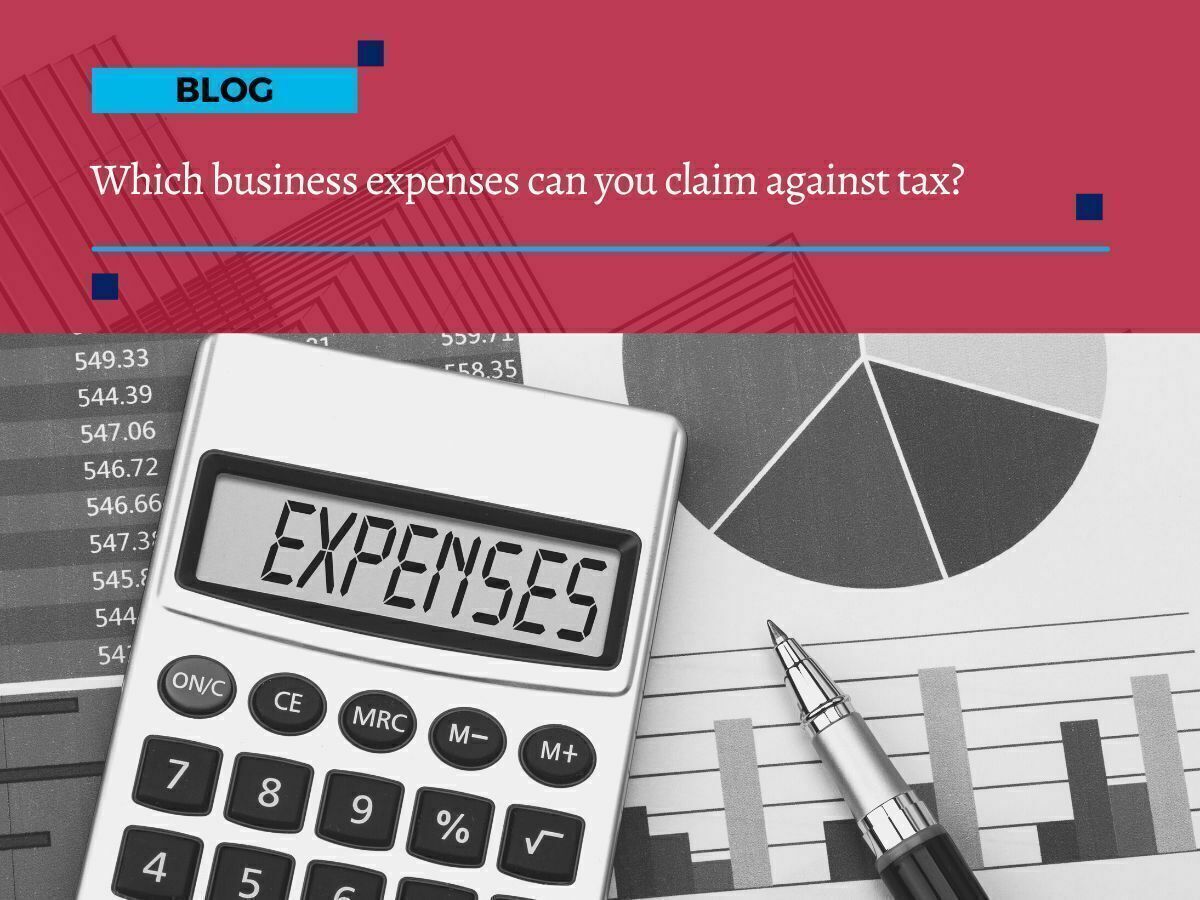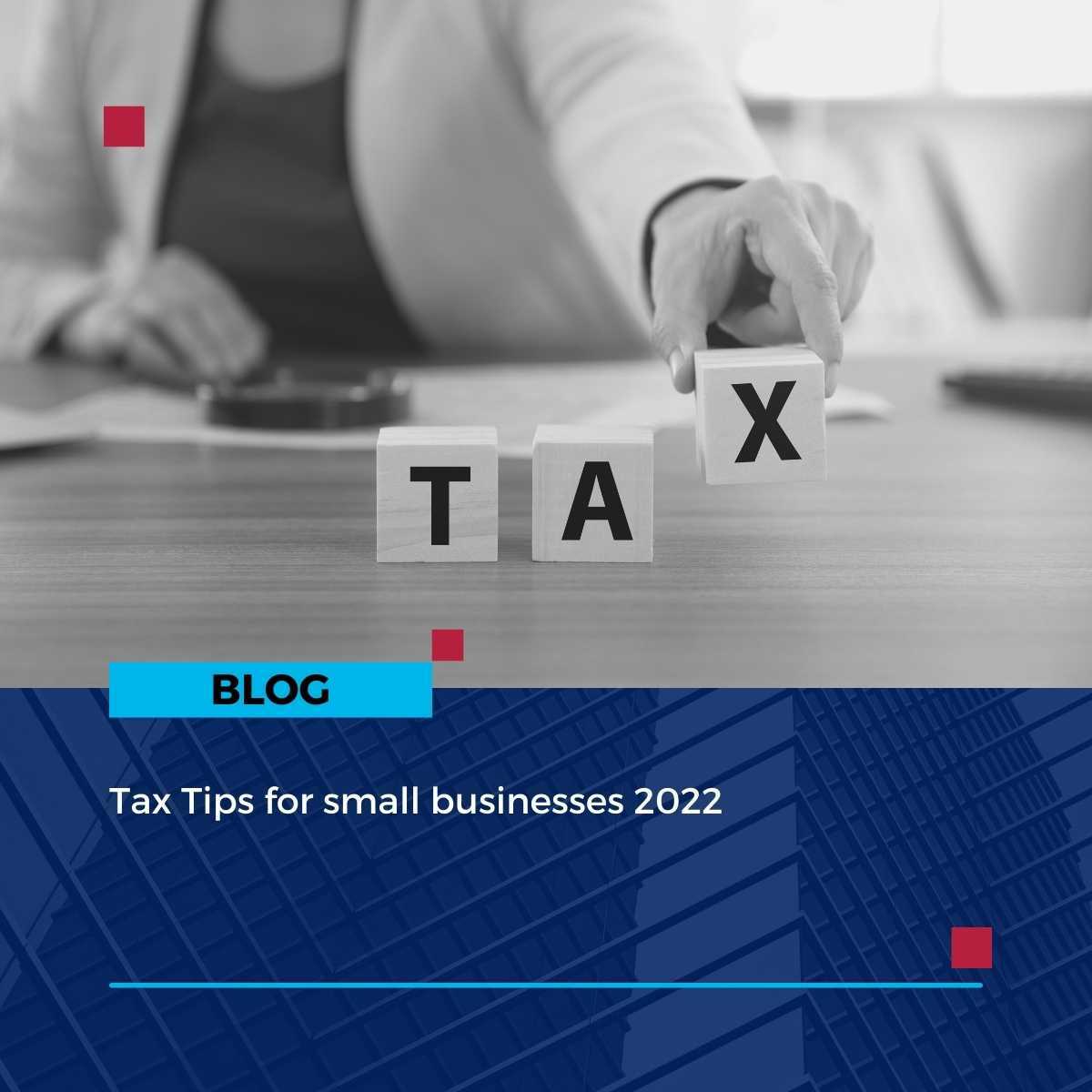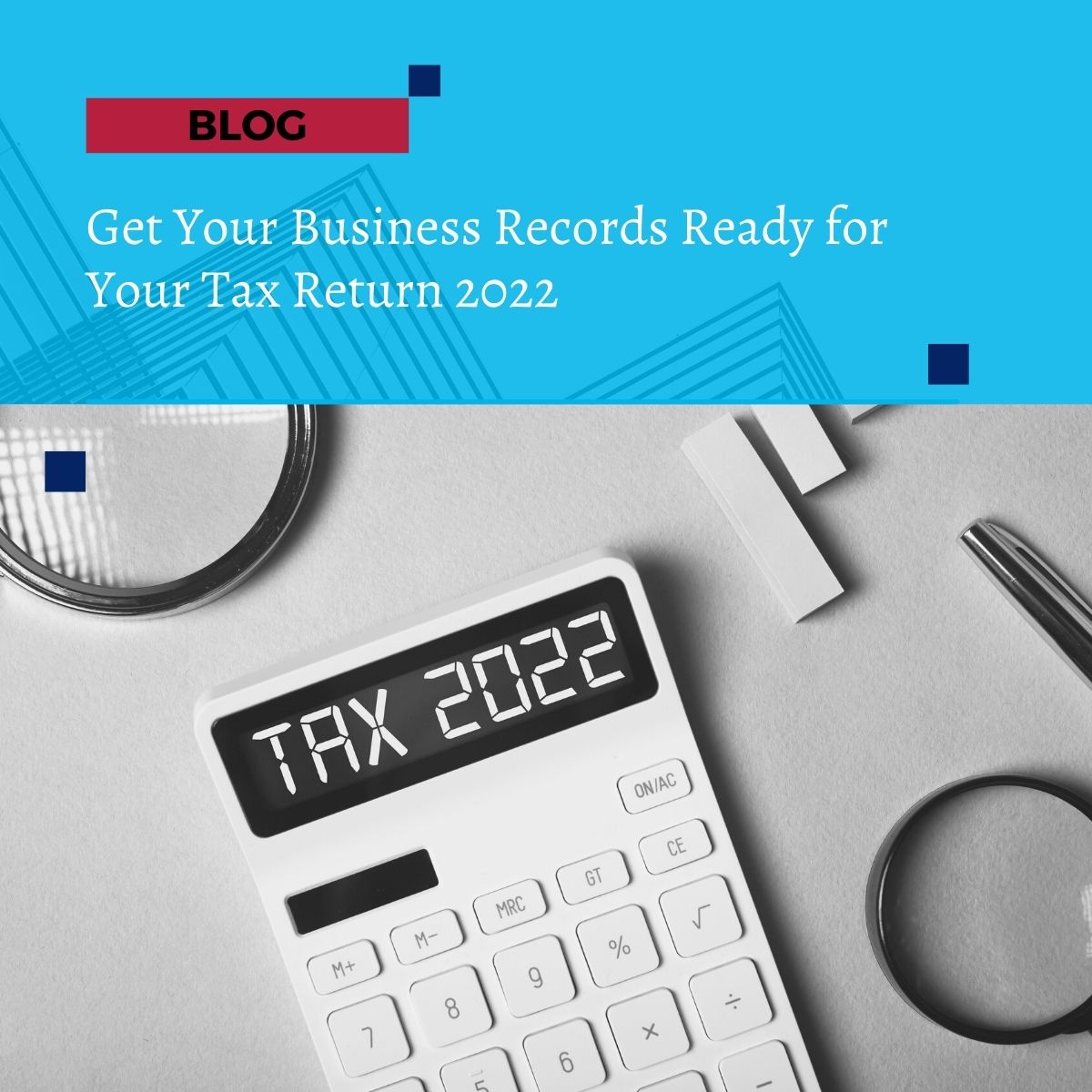
ATO Interest Deduction changes
ATO Interest Deduction Changes
They have gone. Here’s What That Means for You
If you’ve ever had to pay interest to the ATO, you’re not alone. Two of the most common interest charges businesses face are:
- General Interest Charge (GIC): This kicks in when you don’t pay your tax on time.
- Shortfall Interest Charge (SIC): This is applied when the ATO adjusts a tax return and you end up owing more.
Until now, both GIC and SIC have been tax-deductible. But that has now changed.
What ATO Interest Deductions have changed?
The Federal Government has now passed legislation to remove tax deductions for both the General Interest Charge (GIC) and the Shortfall Interest Charge (SIC), effective from 1 July this year. This means that if you’re charged interest by the ATO for late payments or amended tax assessments, you will no longer be able to claim those charges as a tax deduction.
The move aims to reduce the growing backlog of unpaid tax and encourage businesses to meet their tax obligations on time. With the change now law, it’s more important than ever to get proactive about managing tax liabilities.
What you should be doing now
If you’re carrying any unpaid tax, this is a good time to take action.
If you currently owe the ATO, now is the time to take a close look at your position. One of the most effective ways to manage this is to review your cash flow regularly. Even short, structured monthly or quarterly meetings that look at your cash flow, profit and loss, and balance sheet will help you stay in control. That insight means you can plan for tax obligations in advance, rather than being caught off guard.
If you're carrying any unpaid ATO debt, the focus now should be on reducing the impact of these non-deductible interest charges. Although the deduction benefit is no longer available, paying down tax debt sooner can help you avoid additional interest and stay in a stronger financial position.
If paying it all isn’t possible, start by including the debt repayments in your cash flow forecast and create a plan to reduce it progressively.
If the debt is large or feels overwhelming, it might also be worth speaking to your finance broker or advisor about potential refinancing options. Without the deductibility, ATO interest becomes expensive debt to carry.
A quick reminder
Even though the change is now law, it hasn’t stopped the ability to ask the ATO to remit interest charges. Businesses that are taking steps to get back on top of their tax obligations may still be able to negotiate a reduction in GIC or SIC. That process is staying in place, and we’ll continue to support our clients in navigating it.
Stay ahead with support that works
We understand how stressful ATO debt and unexpected interest costs can be. But you don’t have to manage these ATO Interest Deduction changes on your own.
At First Class Accounts Ovens & Murray, we work with you to stay on top of your cash flow, set up practical plans, and reduce the stress of ATO debt.
If you’re worried about how these changes could affect your business, now’s the time to talk. We’re here to help you get in front of it.

